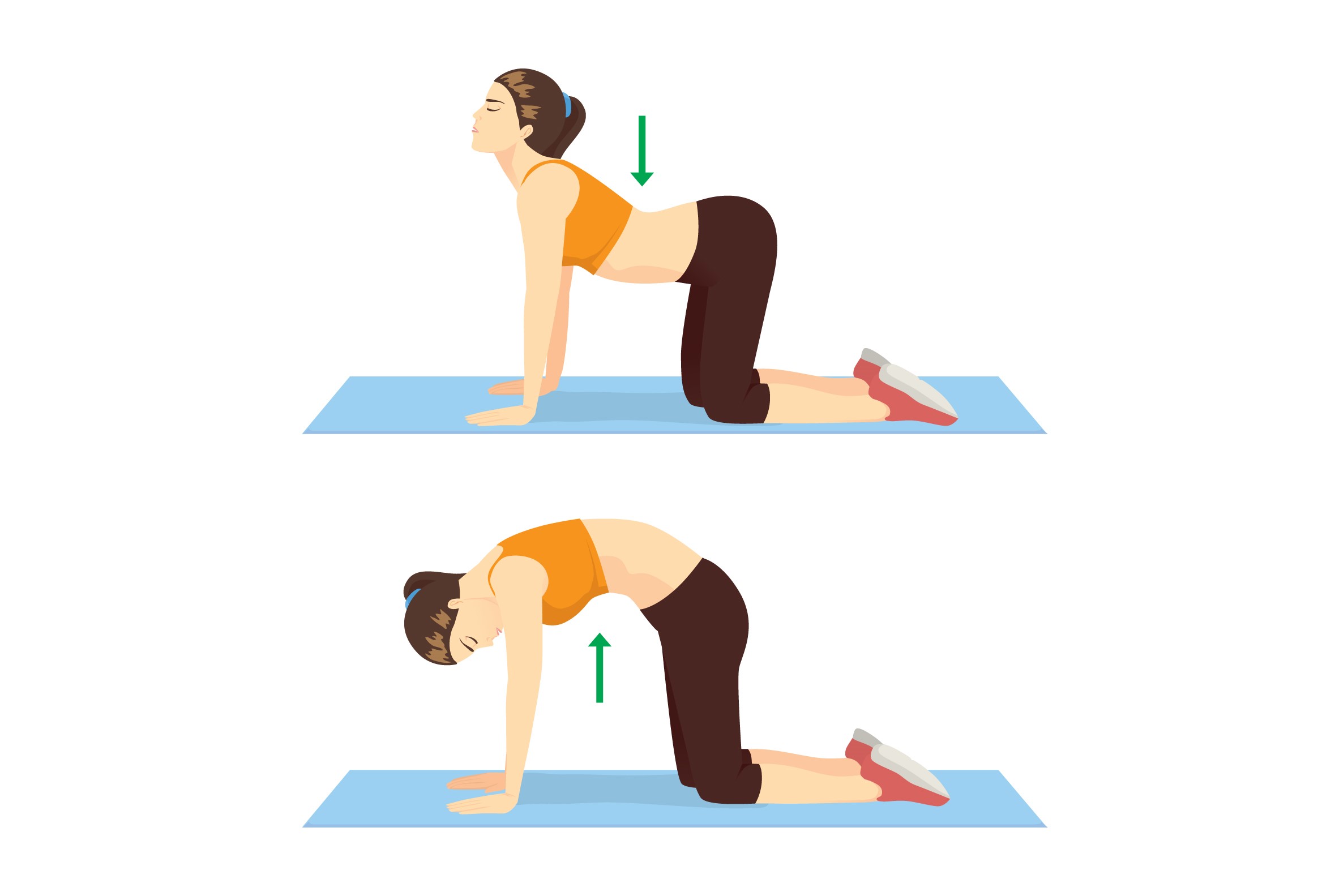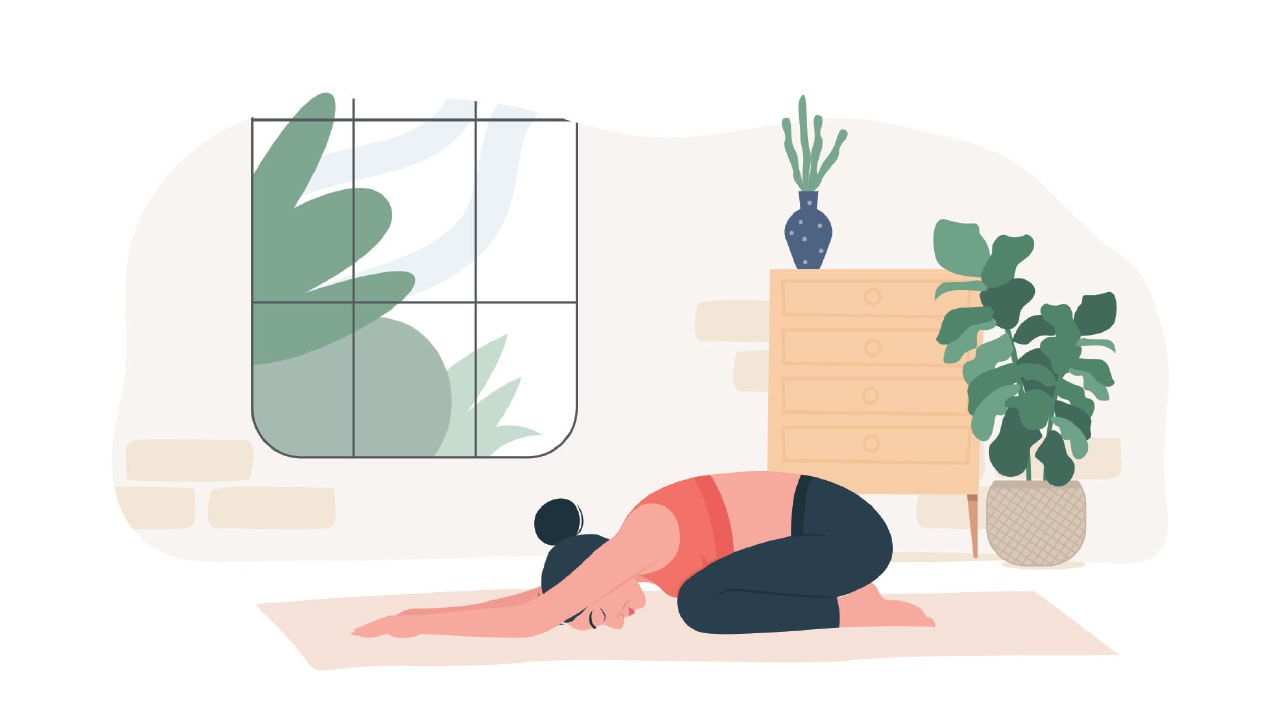Yoga Therapy for Chronic Conditions: A Comprehensive Guide to Holistic Healing
Chronic conditions such as arthritis, back pain, diabetes, and stress-related disorders affect millions worldwide. Yoga therapy provides a holistic approach to managing these conditions by integrating physical postures, breathing exercises, meditation, and lifestyle guidance. This comprehensive guide explores how yoga therapy can improve your health, reduce pain, and enhance your overall quality of life.
Understanding Yoga Therapy
Yoga therapy is distinct from general yoga classes. It is personalized, evidence-based, and tailored to individual health needs. A certified yoga therapist develops a plan that addresses specific symptoms and supports overall wellness.
Core Components of Yoga Therapy
- Asanas (physical postures) to improve flexibility and strength
- Pranayama (breathing techniques) to enhance respiratory function and reduce stress
- Meditation and mindfulness for emotional balance
- Lifestyle guidance including diet, sleep, and daily routines
Benefits of Yoga Therapy for Chronic Conditions
Yoga therapy provides a range of benefits for individuals with chronic conditions. These include:
- Reduction in pain and stiffness
- Improved mobility and flexibility
- Stress and anxiety management
- Better sleep quality
- Enhanced overall well-being
Arthritis Relief
Gentle yoga poses reduce joint inflammation, increase flexibility, and alleviate pain associated with arthritis. Regular practice can enhance mobility and support joint health.



Chronic Back Pain
Yoga therapy strengthens core muscles, improves spinal alignment, and reduces pain perception. Regular sessions enhance mobility and reduce reliance on medications.
Diabetes Management
Yoga helps regulate blood sugar levels, improve insulin sensitivity, and enhance metabolic function. Poses, pranayama, and meditation contribute to overall well-being.
Step-by-Step Yoga Therapy Routine
Follow this structured session for chronic condition management:
- Warm-Up: Gentle stretches and joint rotations (5–10 minutes)
- Asanas: Cat-Cow, Child's Pose, Bridge Pose (20–30 minutes)
- Pranayama: Nadi Shodhana, Ujjayi Breathing (10 minutes)
- Meditation: Mindfulness or guided visualization (10–15 minutes)
- Cool-Down: Restorative poses with props (5 minutes)
Frequently Asked Questions (FAQ)
A: Yes, yoga therapy can be adapted for all ages and fitness levels. It is recommended to consult a certified yoga therapist and healthcare provider before starting.
A: 2–3 times per week is optimal for most chronic conditions. Daily short sessions can also be beneficial.
A: Yoga therapy complements medical treatment. It should not replace prescribed medications unless advised by a healthcare provider.
Conclusion
Yoga therapy offers a comprehensive, holistic approach to managing chronic conditions. By combining physical postures, breathing techniques, meditation, and lifestyle adjustments, it helps alleviate pain, improve mobility, and enhance mental and emotional well-being. Consistency, proper guidance, and mindfulness are key to achieving the best results.
Watch Yoga Therapy in Action
For a detailed video demonstration of yoga therapy techniques for chronic conditions, watch the following:
